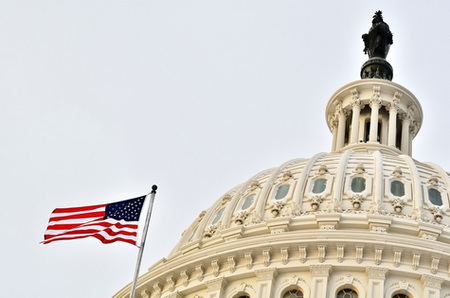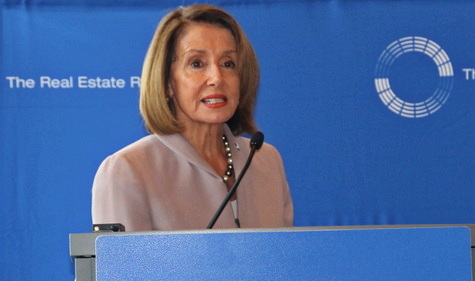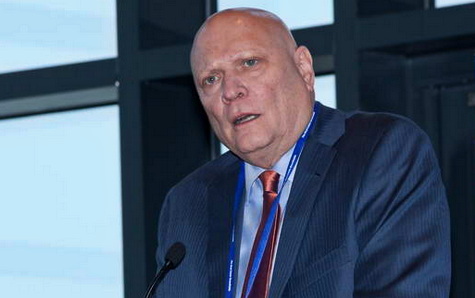
House Democratic leaders, facing a heavy agenda and a Feb. 18 government funding deadline, are considering a three-week stopgap funding bill to allow appropriators more time to complete 2022 spending bills. (RollCall, Feb. 4)
Negotiating Omnibus
A Demanding Agenda

President Biden is also expected to start the next fiscal year cycle with the release of his fiscal budget request for 2023 – shortly after his State of the Union address on March 1.
# # #

The White House on Jan. 31 released its guidebook to funding for the Infrastructure Investment and Jobs Act, the $1.2 trillion bipartisan measure signed into law last year. (The Hill, Jan. 31 and (Roundtable Weekly, Jan. 21)
Roadmap to Infrastructure Funding
Support for Infrastructure Important to CRE

The Guidebook consolidates information on the funding available from myriad federal agencies to build and repair infrastructure assets that are positive for local communities and commercial real estate, including:
A total of $40 billion is dedicated for bridges, including $12.5 billion for a new DOT grant program to replace or rehabilitate some of the nation’s most economically significant bridges. (Roads, Bridges and Major Projects section.)
The infrastructure law invests $91.2 billion to repair and modernize mass transit. (Public Transportation section). The public-private TIFIA loan program receives $1.25 billion in funding with expanded authorities to assist airport and transit-oriented development projects. (Major Projects section).
$36 billion is available for federal-state partnership grants to repair existing rail routes or establish new intercity service. Amtrak’s Northeast Corridor benefits from a $6 billion grant program. (Passenger Rail section)
$7.5 billion in grants is available to help build out a national network of 500,000 electric vehicle chargers – particularly along highway corridors to facilitate long-distance travel and within disadvantaged communities. (Electric Vehicles section)
The infrastructure law will deploy more than $20 billion in federal financing tools to deliver clean power. The U.S. Department of Energy in January launched the “Building a Better Grid” Initiative to catalyze construction of electric transmission lines that can deliver solar, wind, and other renewable energy over long distances. (Clean Energy and Power section and DOE website)
The law provides $3.5 billion for the Environmental Protection Agency’s Superfund program to clean up some of the nation’s most contaminated sites. (EPA news release, Dec. 20, 2021)
Underserved Communities
A set of funding sources aim to make transformative investments in disadvantaged and low-income communities. (Supporting Underserved Communities section) For example, $1 billion is devoted to a “Reconnecting Communities” competitive grant program that can remove or retrofit highways built decades ago that isolated low-income neighborhoods.
Future versions of the guidebook will update key timelines for program implementation, best practices, case studies, and links to resources developed by the White House.
# # #

A coalition of more than 230 business, civic, and labor leaders – including 16 Real Estate Roundtable members – on Jan. 31 expressed broad support for New York City Mayor Eric Adams’s efforts to increase public safety in the wake of a series of violent crimes across the city. New York is one of several cities across the nation facing a spike in crime since the start of the pandemic. (Partnership for New York City letter, Jan. 31 | Reuters and CQ, Feb. 3)
Private Sector Support


The White House yesterday announced President Biden’s plan to urge Congress to allocate $500 million more to combat gun violence into a fiscal 2022 spending package. (White House Announcement, Feb. 3)
# # #